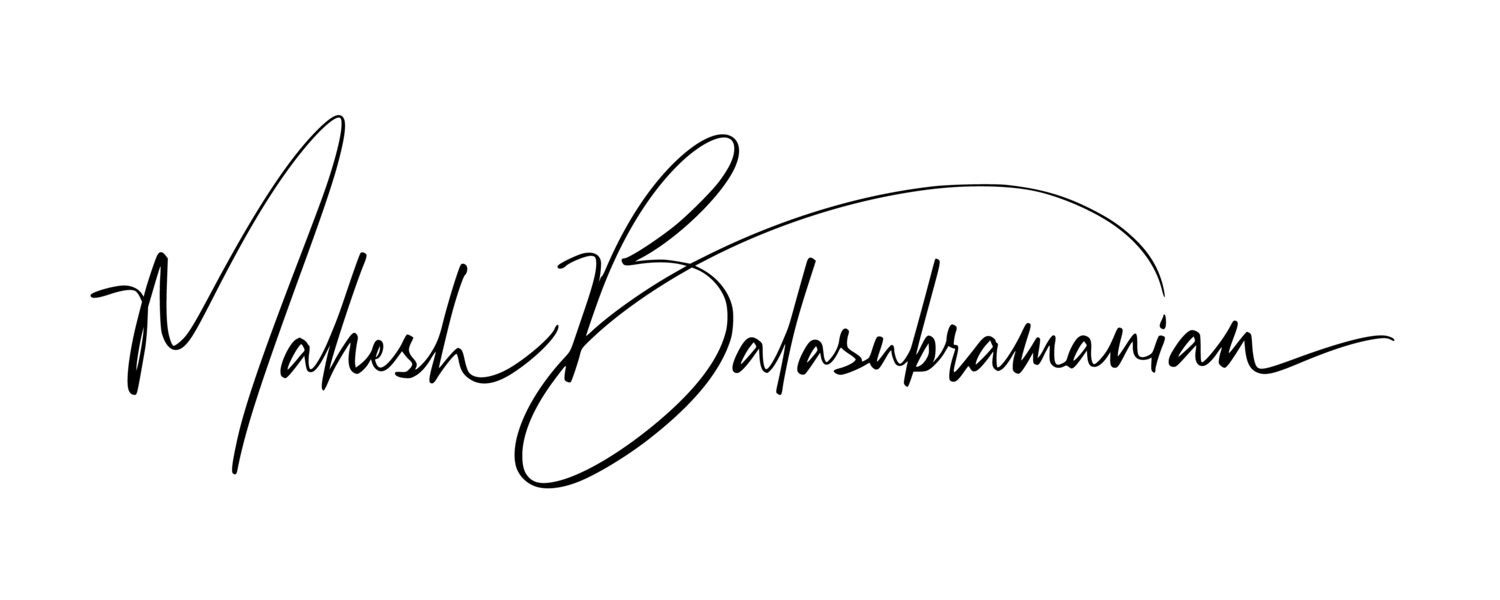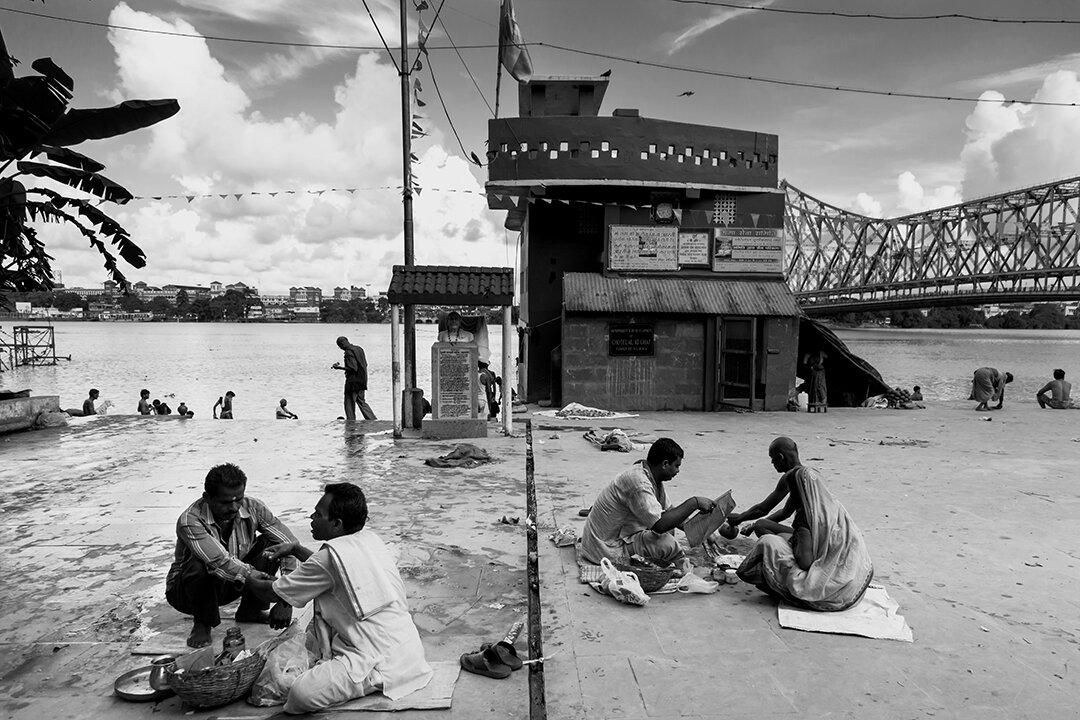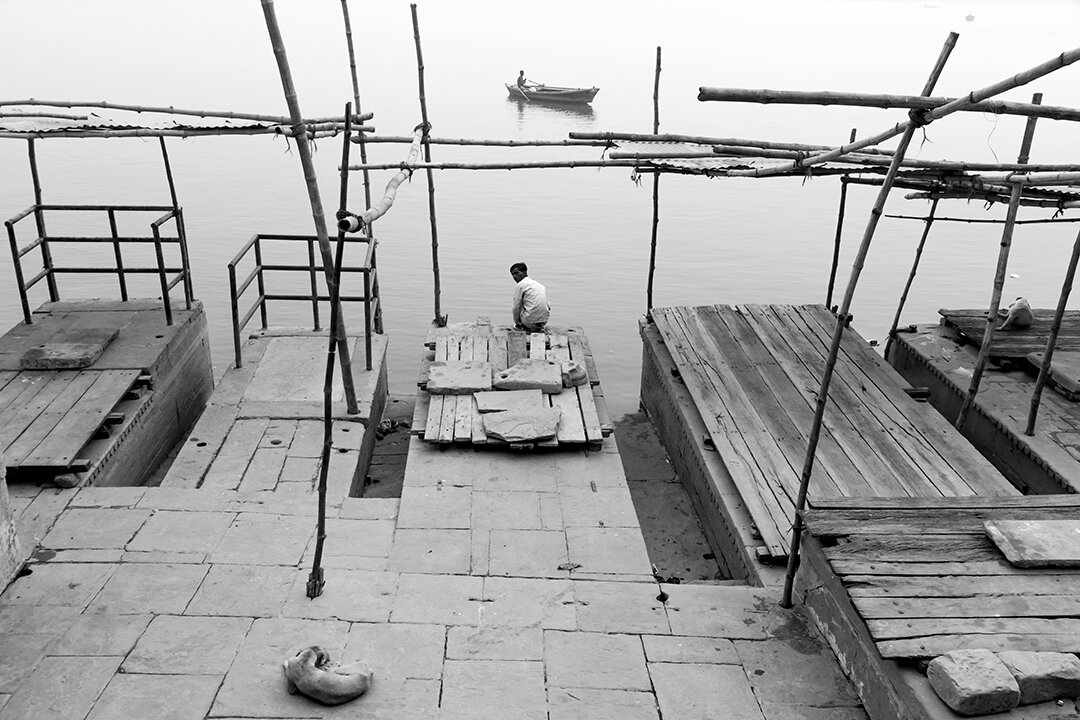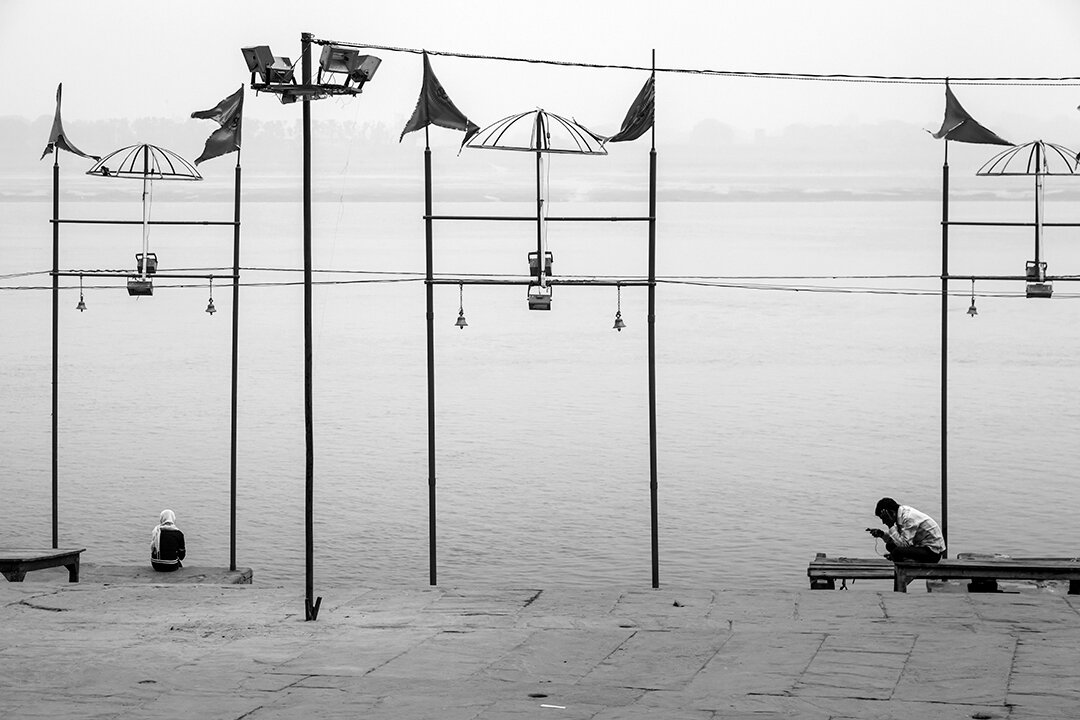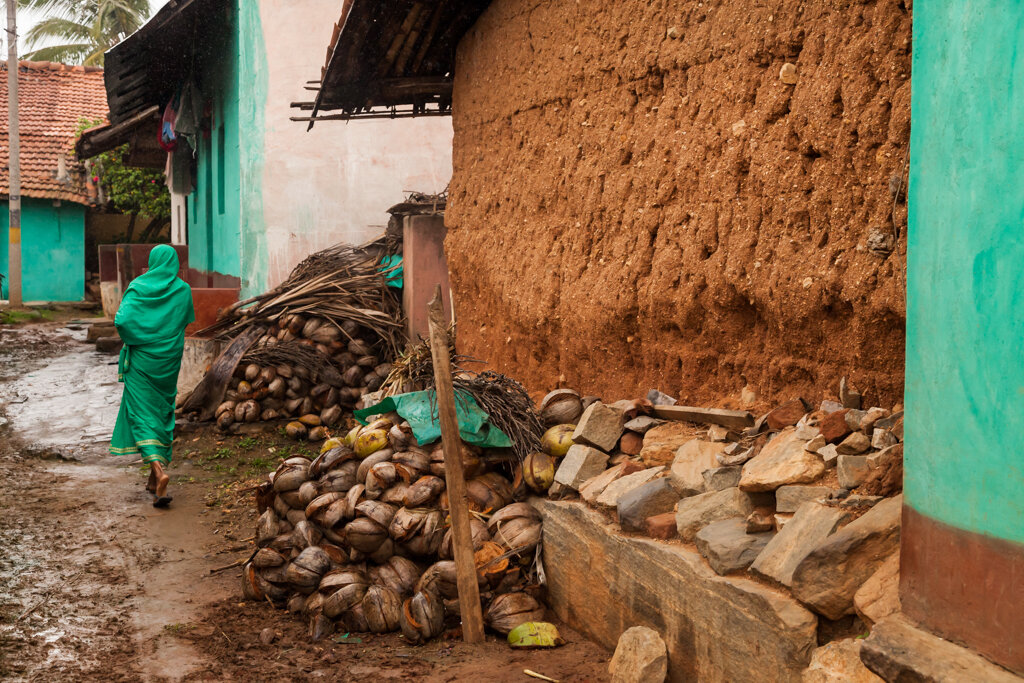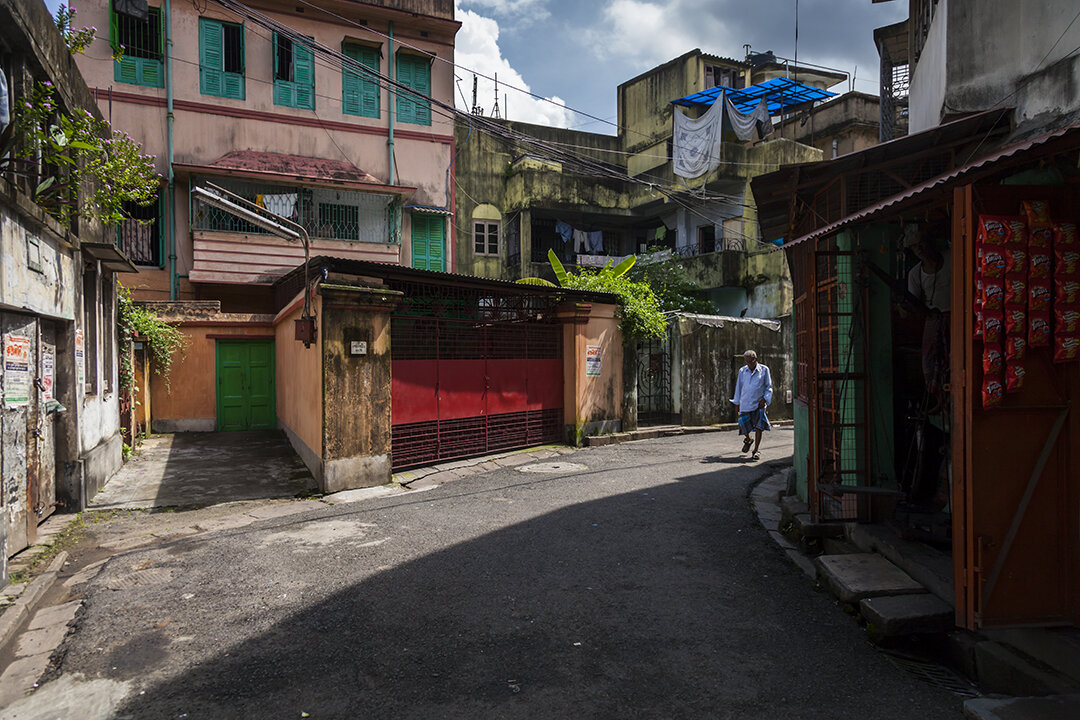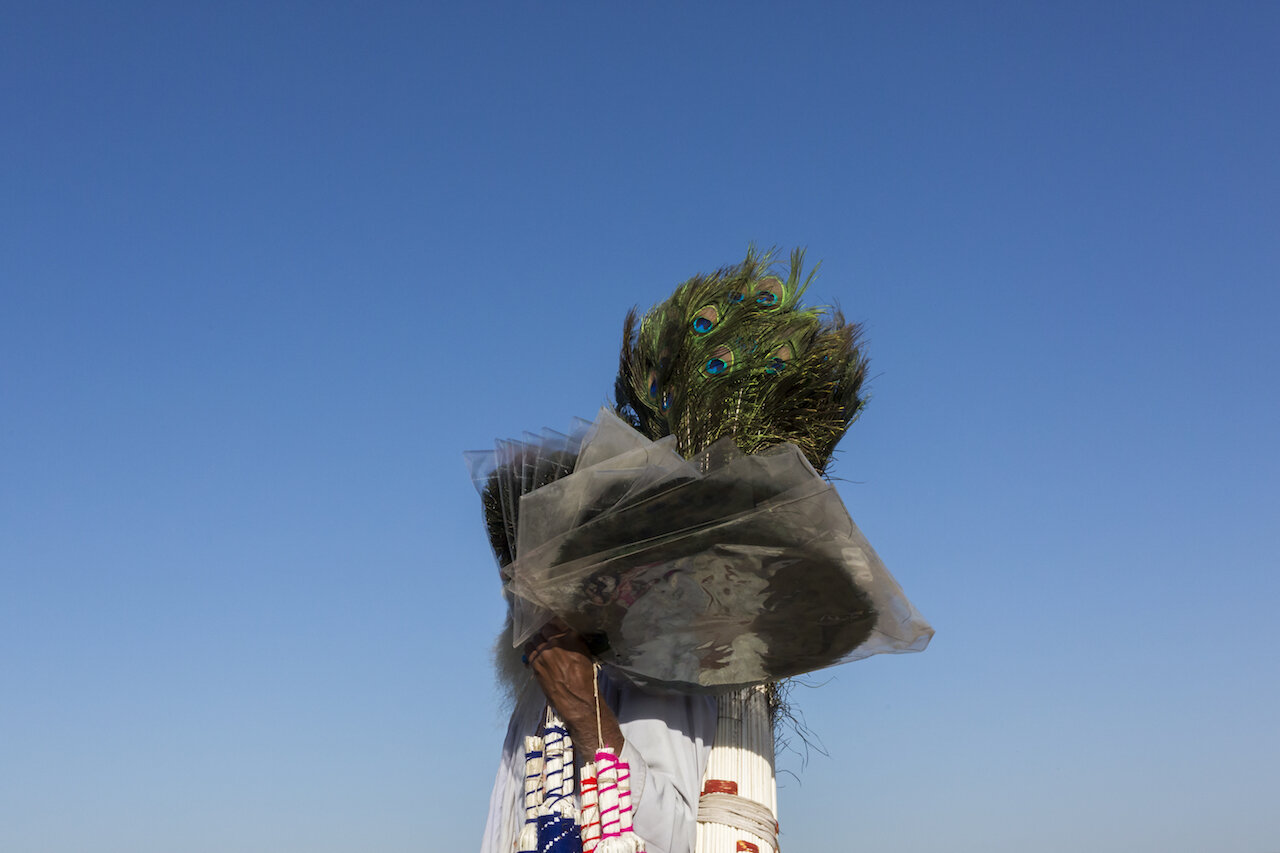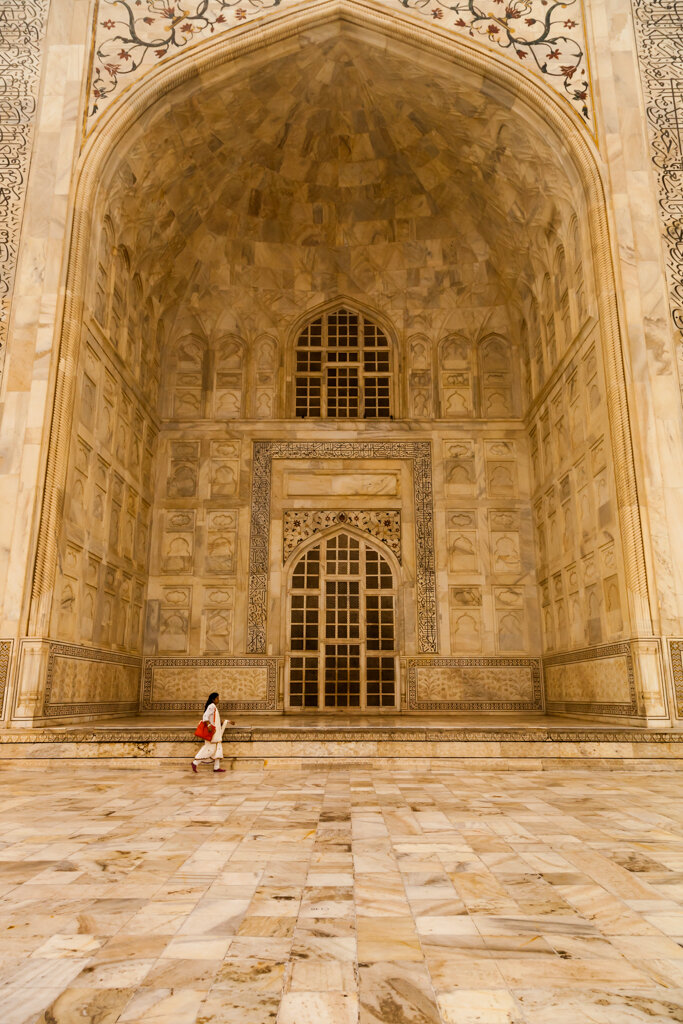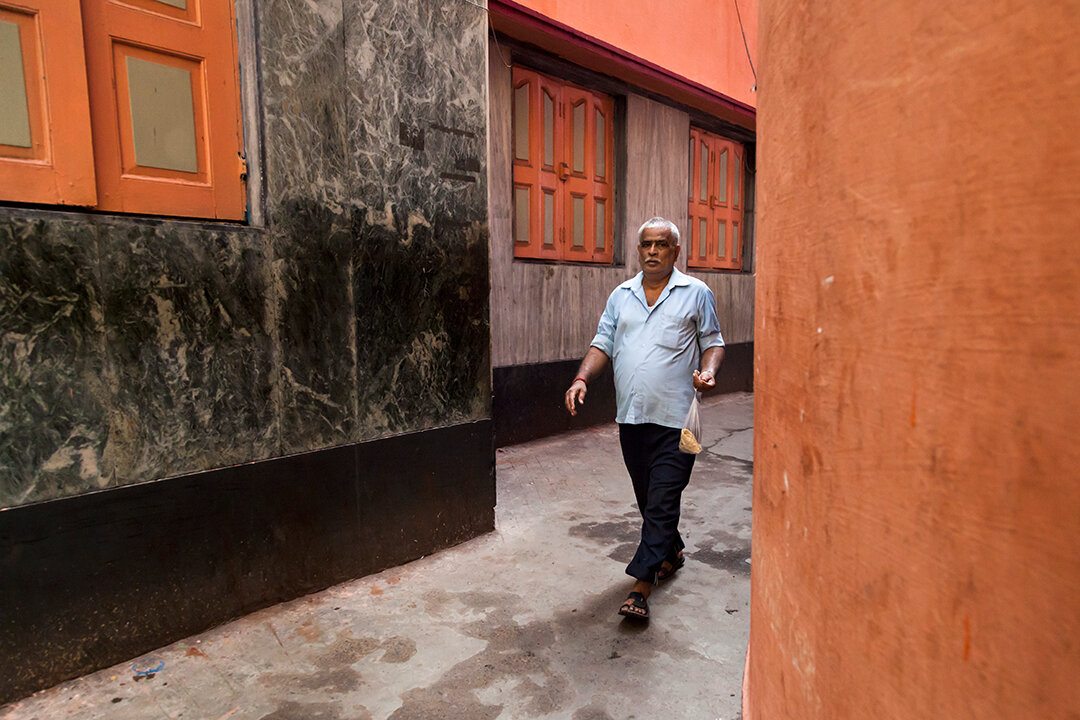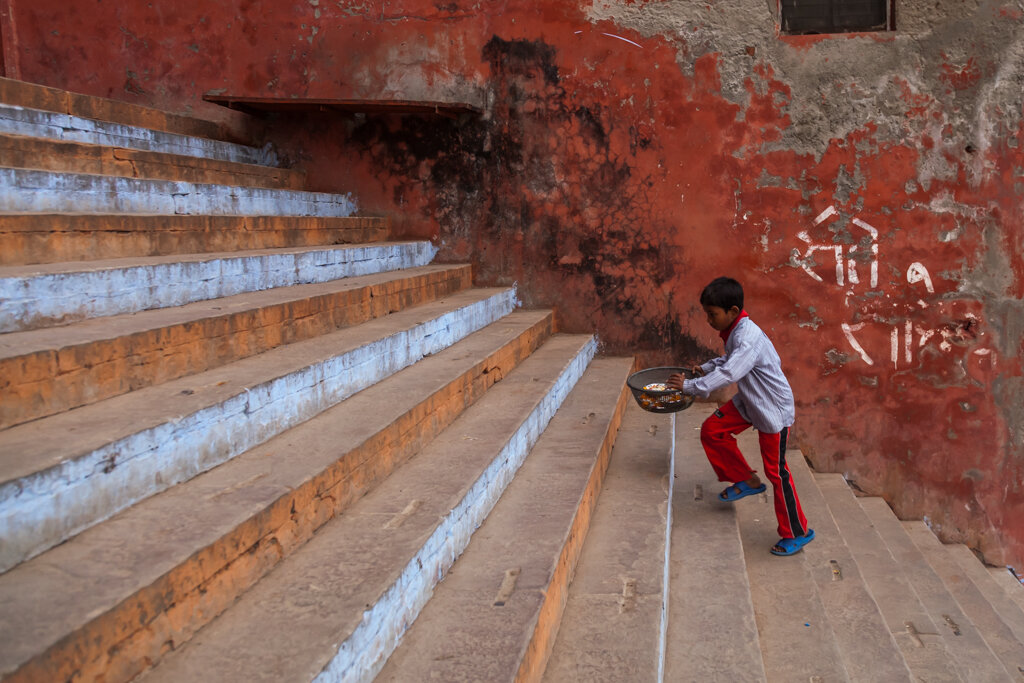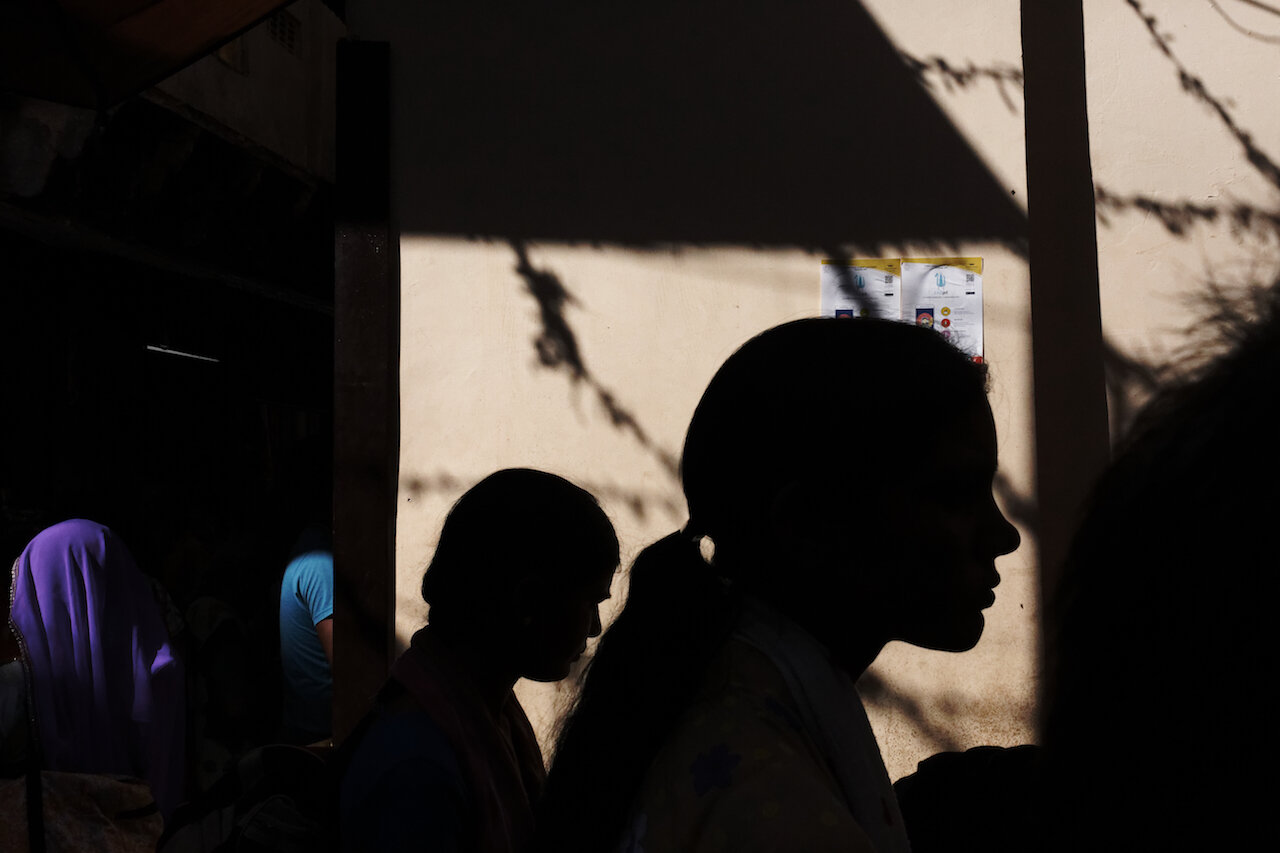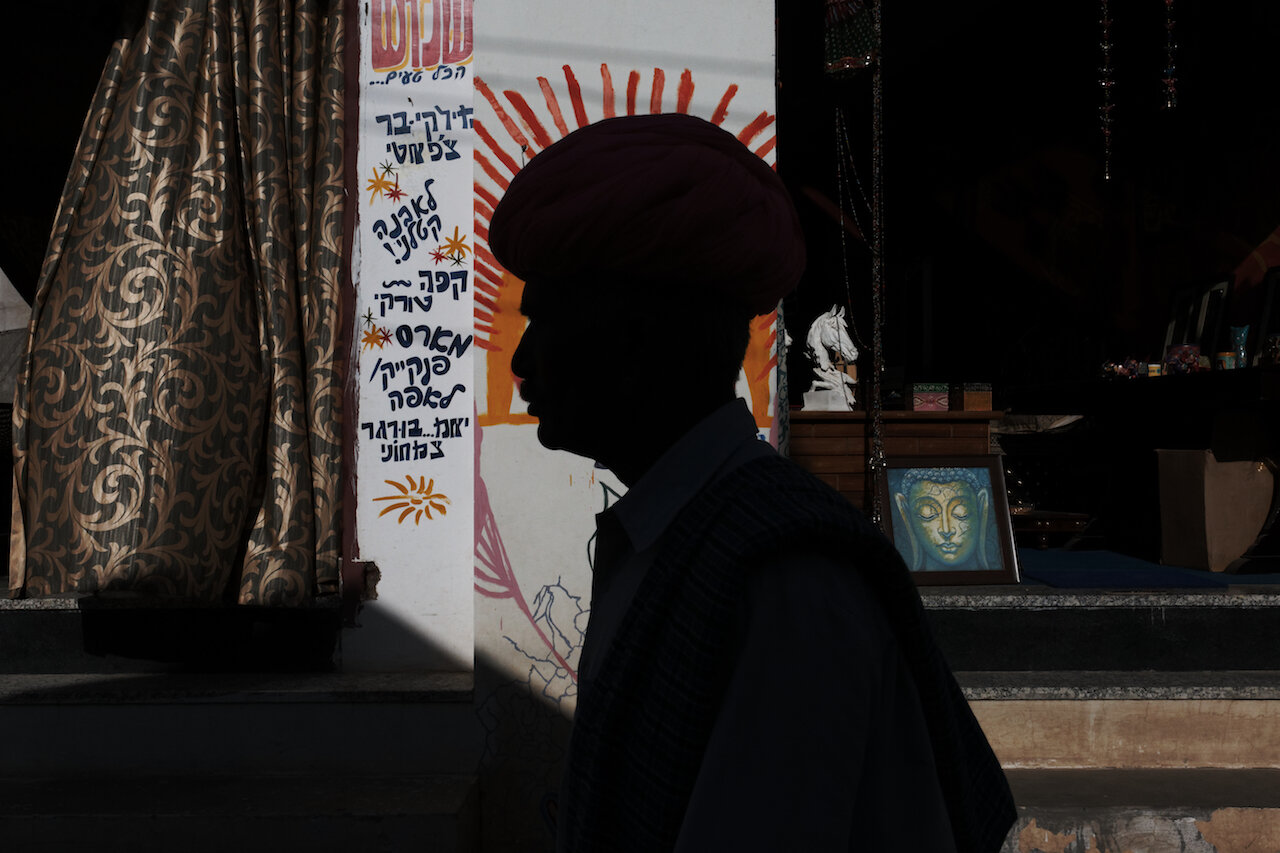What is Street Photography and How to practice ?
What is Street Photography?
Street Photography can be defined in simple terms as Candid or unposed photos (non-staged) taken in public places. The public places can be street or beach or mall or restaurant or any place. But, it is evolving in a rapid pace. There is no control over lighting or environment or people. So it requires lots of attention/skill from the photographer to capture the moment/mystery/slice of life in a split-second with good visual aesthetics.
Technical Aspects
Camera - It can be any camera or whatever camera you have. Small cameras are good for street photography. For example, Ricoh GR III or Fuji X100F have widely used compact cameras in street photography apart from other camera brands. The small compact camera does not create any attention towards you than larger full-frame cameras. Even the mobile camera is good enough to take street photos these days.
Focal Length: Ideal focal lengths for street photography is 24 to 50 mm. It can be a prime lens or zoom lens. But, the prime lens is preferred. Because it makes us to walk to find a good frame to compose the picture.
If you just want to start street photography or if you have a fear/hesitation to approach people, you can start using the 50mm lens. It gives enough space between you and the people to take pictures. Once you are comfortable with people, you can start using a wider lens and approach the people in close proximity to make pictures. If you go close and create pictures, it also creates some kind of connection between your picture and the viewer of the pictures.
Aperture: Detailed depth of field is very important in street photography. It is very easy to take a bokeh or blurred background picture if you use high-quality lens with a larger aperture (Eg: f1.4 / f 1.8 / f 2.8 ). But, taking the detailed depth of field picture requires to understand the focal plane concept. You can find some good tutorials about the focal plane concept online.
It is always advisable to have a smaller aperture (f8 or above) to take street photos. It gives a good detailed picture to convey what you wanted to viewers.
Shutter speed: Ideally you can use 1/125 or above to freeze the moment. if you want to be creative, you can even use a long exposure.
ISO: ISO can be manual or automatic. You can use the desired ISO based on light availability. Nowadays, newer cameras come up with good ISO performance. So, you can go up to 3000 or more depends on your liking on grains. You can also set ISO to be automatic (eg: 100 to 800 )
Composition
The composition is very important to present the mundane day to day scenes to some interesting street pictures. You can find some of the basic composition elements you can add in your pictures. These are some simple compositions with some simple examples and once you are experienced, you can experiment a lot and capture some very interesting pictures beyond these compositions.
Geometric / lines / patters -
Layers
Minimalism
Light & Shadow (Light Play)
Best Time
If you are just starting street photography, morning just after sunrise to 2 / 3 hrs and evening 2 /3 hrs before sunset is the right time. It gives good light and long shadow. Once you are comfortable with light and how to make use of it, any time in a day is good for photography.
Ethics
I personally feel, ethics is very important for street photography. Because, we are taking pictures in public places and there will be strangers in our pictures. So, we are in highly responsible position to decide whether to make some picture or not. It is highly depends on you. No one is right or wrong. It is your picture and you have a choice to make it. You can define your own ethics for your photography.
For example, I dont want to make picture which exploits human conditions.
Whom to follow for inspiration
There are many great masters to follow. I am listing some of the great photographers who are pioneer in street photography. Each one has their own way of visualising street photography. You can follow whomever you like.
Henri Cartier-Bresson
Rene Burri
Robert Frank
Raghubir Singh
Lee Friedlander
Daido Moriyama
David Alan Harvey
Elliot Erwitt
Trent Parke
Joel Meyerowitz
Raghu Rai
Alex Webb
Saul Leiter
Martin Parr
Garry Winogrand
Fan Ho
You can also follow current contemporary street photographers. The following is few of the street collective where you can find inspiring contemporary street photographers.
PRACTICE, PRACTICE, PRACTICE
Hit the street and practice a lot. Do lots of experiments. You dont get a good street picture immediately. But, over the year, you can get some good street pictures which may have your own vision. Keep practicing and keep doing lots of experiments
